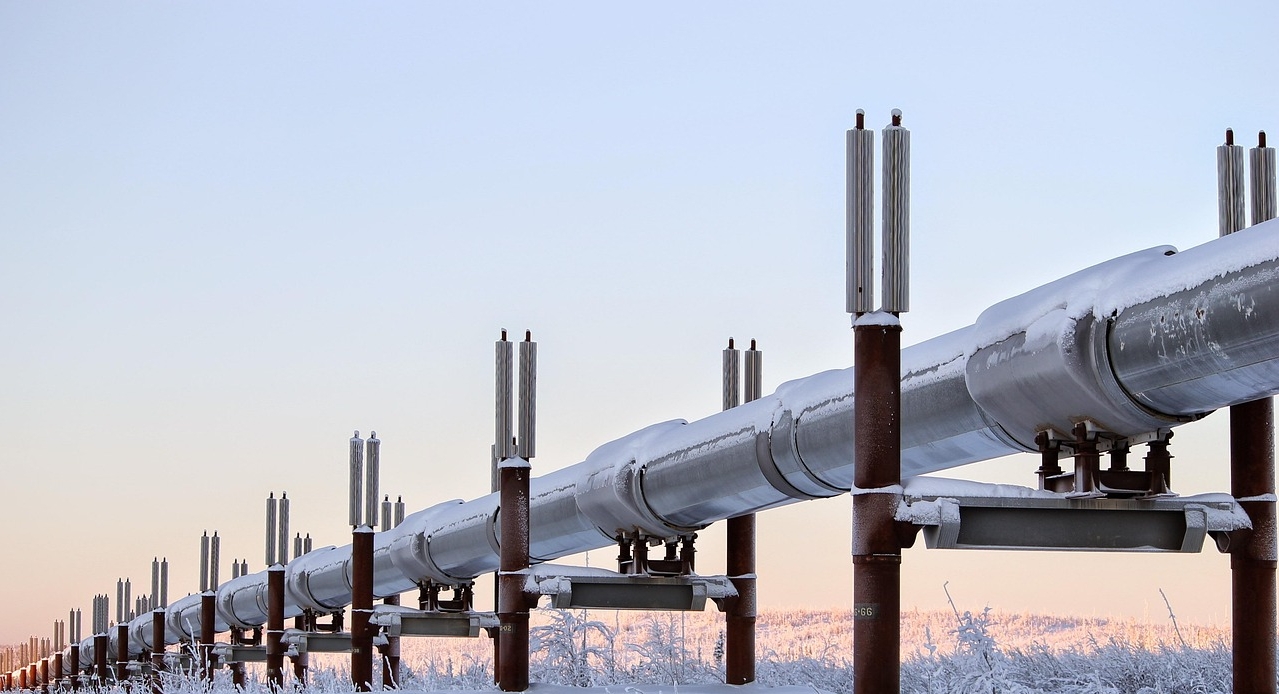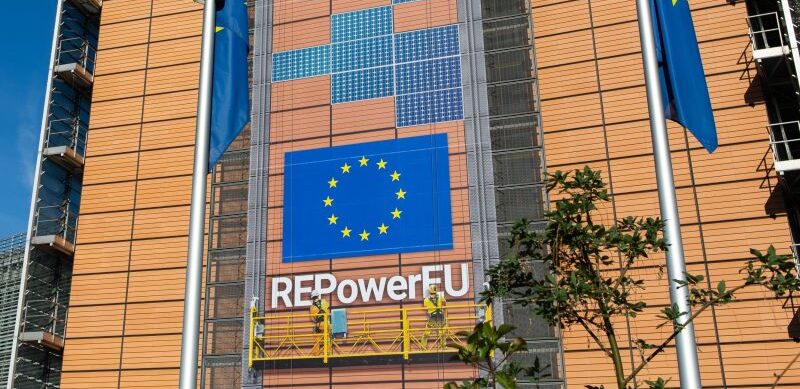
The Foreign Minister says a new oil pipeline with Serbia could be operational as early as 2027.Continue reading

If Brussels’ latest package, REPowerEU, were to be implemented, it would severely worsen the situation for the communities of the European Union, while “the problem is already huge”—said Attila Steiner, the Secretary of State for Energy at the Ministry of Energy, on Wednesday in the Transylvanian town of Băile Tușnad (Tusnádfürdő).
At the panel discussion on Energy and Utility Protection, held as part of the 34th Bálványosi Summer University and Student Camp (also known as Tusványos), the State Secretary, together with Olivér Hortay, Director of Századvég Research Institute, analyzed the energy situation in the EU.
The Secretary of State pointed out that in the EU, almost everything is sanctioned now, and that hurts the EU more than it does Russia.

Photo: Facebook / Tusványos
The main issue is that energy becomes more expensive when it’s scarce, and if one major exporter—Russia—is excluded from the market, the missing energy needs to be replaced from other sources, usually at a higher price, Attila Steiner explained.
He also pointed out that
at the EU level, sanctions primarily affect Hungary and Slovakia, since these countries cannot import natural gas or oil through the sea.
The land-based pipelines that transport these supplies have physical limitations, and the affected countries are at the mercy of the energy policies of neighboring countries, he added.
The Secretary of State explained that REPowerEU, according to the EU, is not a sanctions package, but a trade package that does not require a vote from every Member State, with a two-thirds qualified majority being sufficient.
“This is a huge danger, because Hungary and Slovakia are effectively a minority,” he said, adding that the two countries are not enough to block these decisions.

State Secretary for Energy Attila Steiner. Photo: MTI/Veres Nándor
He recalled that with the complete elimination of Russian fossil energy, Hungary’s energy bill would be about HUF 800 billion higher (cc. EUR 2 011 million), which roughly matches the amount spent on utility protection.
Olivér Hortay believed that there are severe contradictions in EU policy concerning alternative energy, as everything is subordinated to the EU’s goal of becoming carbon neutral by 2050. However, this is extremely expensive, and it is still unclear whether it is even achievable—he pointed out.
“Today, it is not at all clear where the community will get its energy from,” he said, adding that while nuclear energy is still tolerated, fossil fuels such as coal and natural gas are being “completely phased out” by the EU.
The director noted that
Brussels’ sanctions policy is “a major failure,” as, after adopting the 18th sanctions package this week, the previous 17 packages did not bring about any change in the Russia-Ukraine war, despite promises made by EU leaders.
Major analysis firms report that the EU’s economic performance has been overestimated, and Russia’s performance underestimated, he said.
He also mentioned that
one of the reasons for Europe’s competitiveness problem with the United States and China is the high energy prices.
Steiner, speaking about utility protection, stated: Hungary has the lowest gas and electricity prices for the population in the EU, despite the fact that before 2010, these were the highest.
Hortay pointed out: the EU’s ideology-driven climate policy, which is pushing the EU into an increasingly difficult position, “needs to be tackled head-on,” as it faces physical realities.
The participants of the panel discussion agreed that, instead of strict restrictions that increase energy prices and harm European competitiveness, support programs should be introduced to help the various players.
An example of such a program in Hungary is the
Jedlik Ányos Program (aimed at supporting companies in establishing energy storage facilities and developing related renewable energy production capacities), providing support in various fields.
The panelists also noted that the systemic problems experienced in the Iberian Peninsula and in the Czech Republic stem from the rigidity of the system. These are also warning signs that the EU’s regulation has shifted too far towards environmental goals at the expense of economic objectives.
Via MTI; Featured image: LinkedIn / European Commission